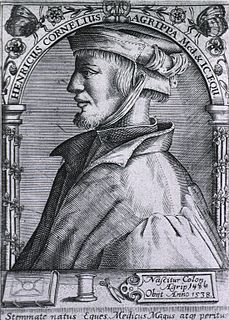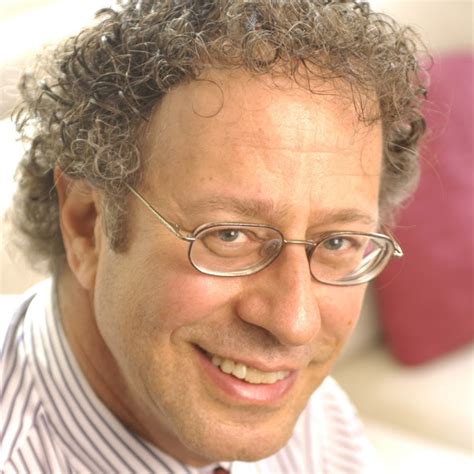A Quote by Irenaeus of Lyons
The initial step for us all to come to knowledge of God is contemplation of nature.
Quote Topics
Related Quotes
The true bounds and limitations, whereby human knowledge is confined and circumscribed,... are three: the first, that we do not so place our felicity in knowledge, as we forget our mortality: the second, that we make application of our knowledge, to give ourselves repose and contentment, and not distates or repining: the third, that we do not presume by the contemplation of Nature to attain to the mysteries of God.
When we seek daily spiritual guidance, we are guided toward the next step forward for our art. Sometimes the step is very small. Sometimes the step is, "Wait. Not now." Sometimes the step is, "Work on something else for a while." When we are open to Divine Guidance, we will receive it. It will come to us as the hunch, the inkling, the itch. It will come to us as timely conversations with others. It will come to us in many ways--but it will come.
No one has yet discovered or ever shall discover what God is in His nature and essence... we shall, in time to come, 'know as we are known' (I Cor 13:12). But for the present what reaches us is a scant emanation, as it were a small beam from a great light - which means that any one who 'knew' God or whose 'knowledge' of Him has been attested to in the Bible, has a manifestly more brilliant knowledge than others not equally illuminated. This superiority was reckoned knowledge in the full sense, not because it really was so, but by the contrast of relative strengths.
How unutterably sweet is the knowledge that our Heavenly Father knows us completely. No talebearer can inform on us; no enemy can make an accusation stick; no forgotten skeleton can come tumbling out of some hidden closet to abash us and expose out past; no unsuspected weakness in our characters can come to light to turn God away from us, since He knew us utterly before we knew him and called us to Himself in the full knowledge of everything that was against us.
God leads us step by step, from event to event. Only afterward, as we look back over the way we have come and reconsider certain important moments in our lives in the light of all that has followed them, or when we survey the whole progress of our lives, do we experience the feeling of having been led without knowing it, the feeling that God has mysteriously guided us.
We have no knowledge, that is, no general principles drawn from the contemplation of particular facts, but what has been built up by pleasure, and exists in us by pleasure alone. The Man of Science, the Chemist and Mathematician, whatever difficulties and disgusts they may have had to struggle with, know and feel this. However painful may be the objects with which the Anatomist's knowledge is connected, he feels that his knowledge is pleasure; and where he has no pleasure he has no knowledge.
There is only one basic desire that motivates the spiritual seeker-to make the experience of God, of divine bliss and joy, the center of the life experience. We are spiritual beings living in a material universe, and as such, our first priority is to nurture that eternal part of us. The eleventh step of AA's twelve-step program states it beautifully: "Sought through prayer and meditation to improve our conscious contact with God as we understood him, praying only for knowledge of his will for us and the power to carry that out."
The great and secret message of the experiential mystics the world over is that, with the eye of contemplation, Spirit can be seen. With the eye of contemplation, the great Within radiantly unfolds. And in all cases, the eye with which you see God is the same eye with which God sees you: the eye of contemplation.











































